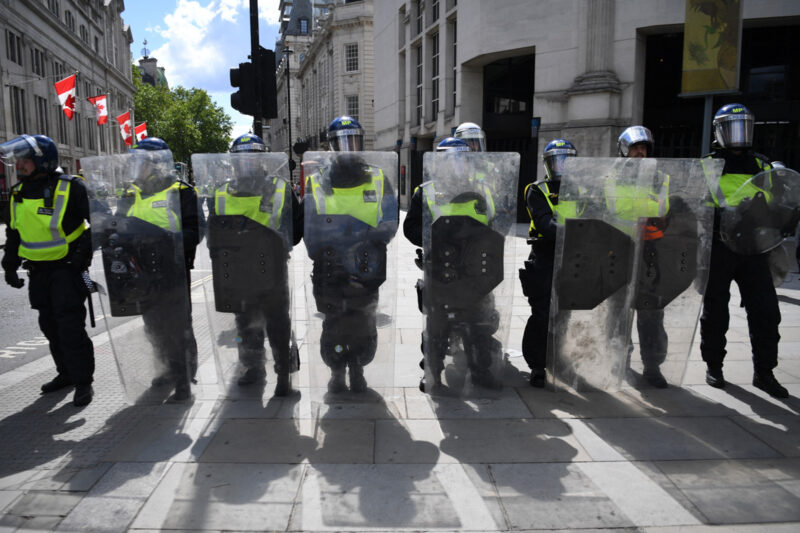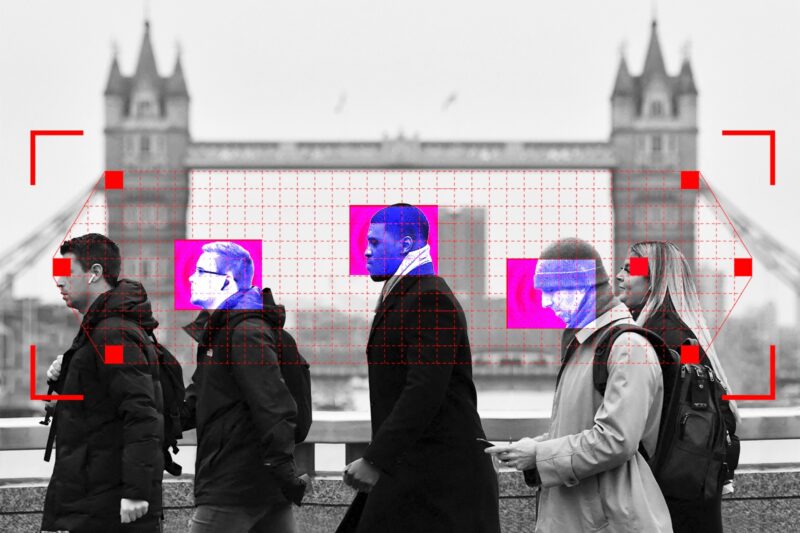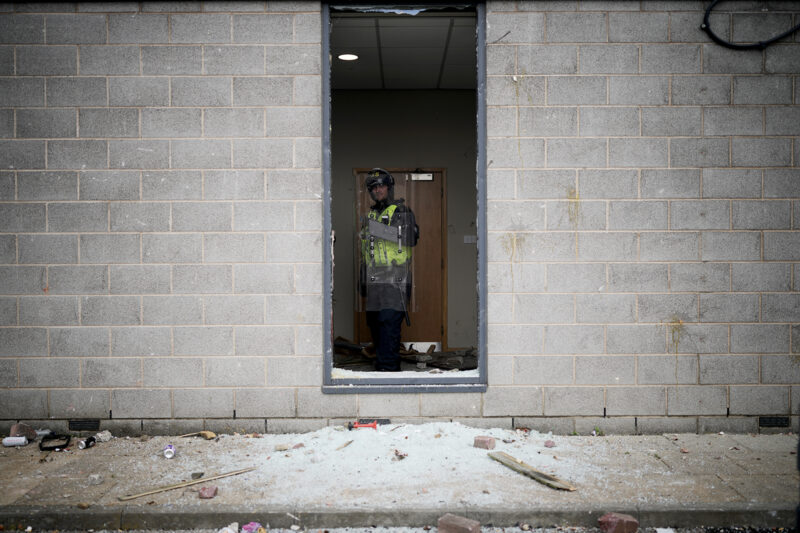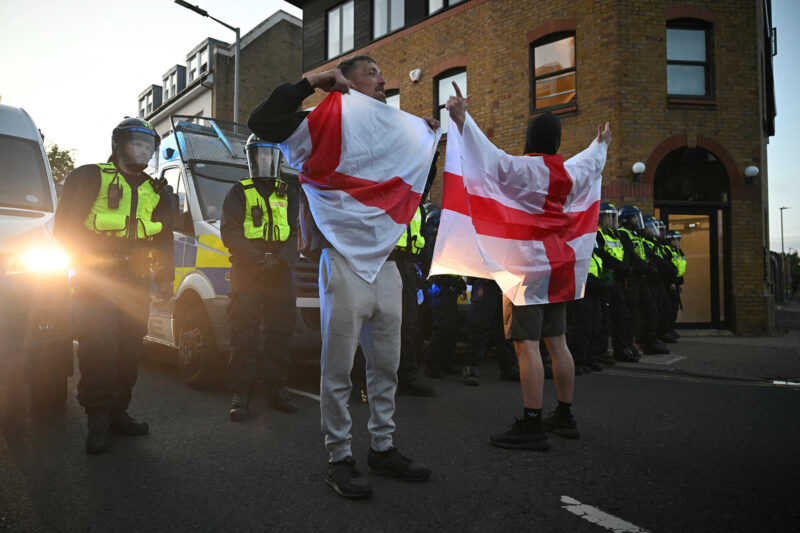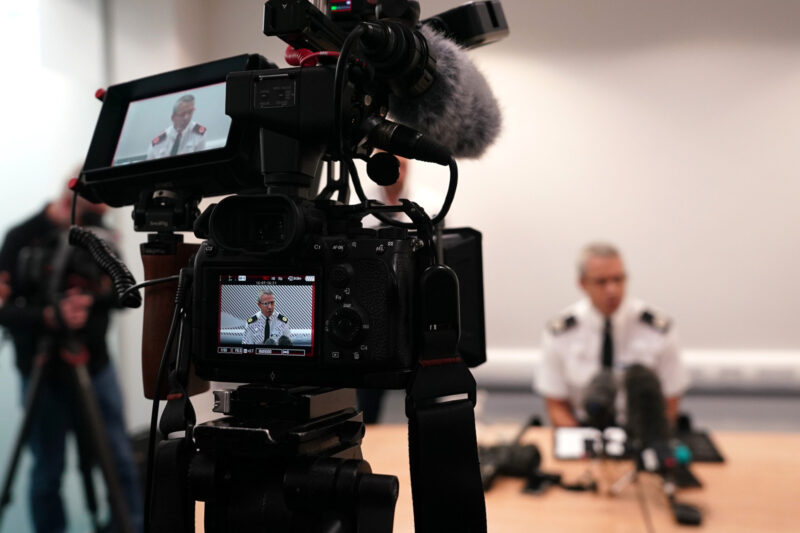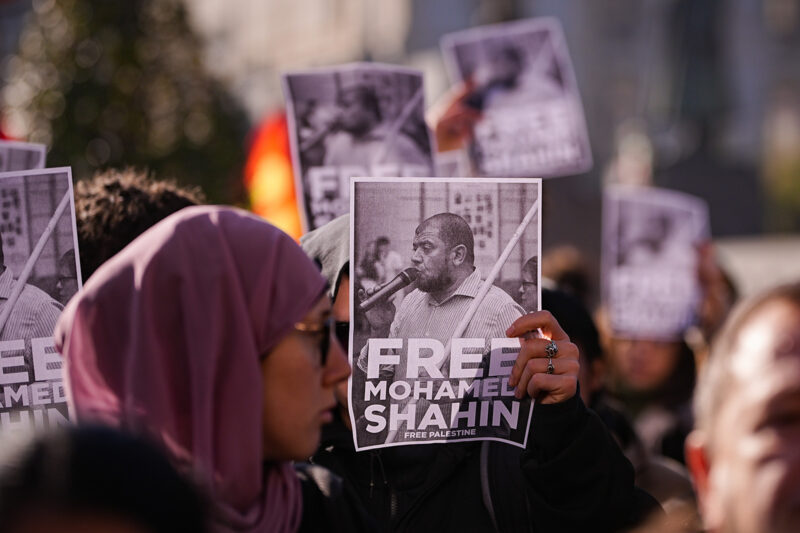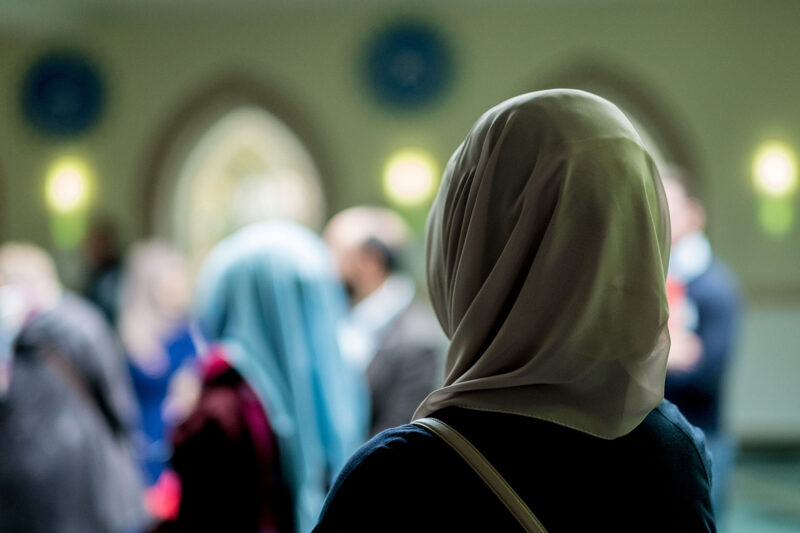Why jailing extremists ‘won’t be enough’ to defeat a resurgent far right
Keir Starmer has promised swift justice for rioters after racist violence swept Britain. Here’s what else he should do, according to veteran activists and extremism experts
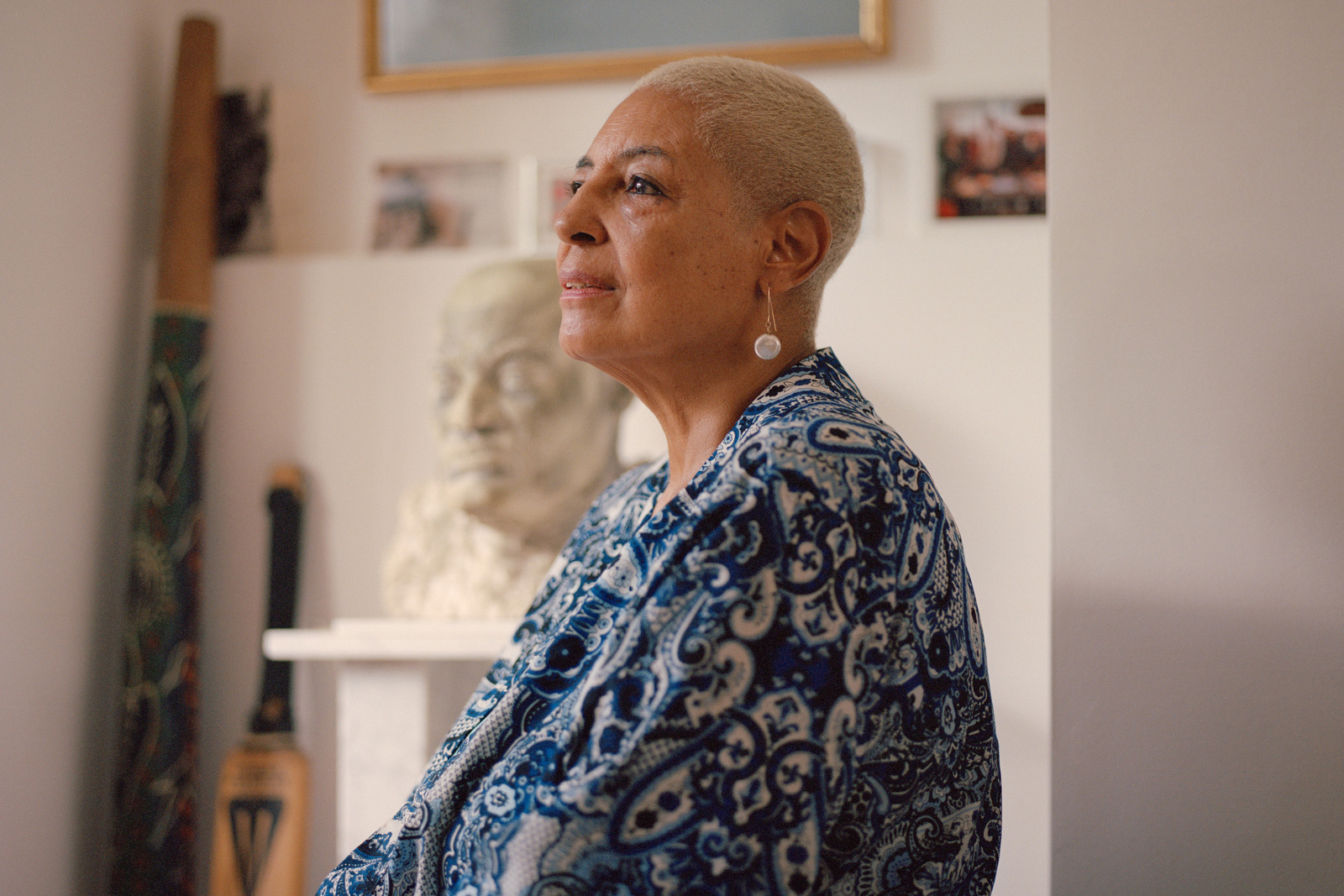
“You can’t worry about what these people are going to do,” said Leila Hassan Howe. “When you see racists rioting in the streets, you have to focus on what you are going to do in opposition.”
The veteran activist was speaking at her south London home, where a bust of her late husband — writer, campaigner and British Black Panthers member Darcus Howe — sits in pride of place beneath a portrait of the Trinidadian historian CLR James.
Hassan Howe helped organise the historic Black People’s Day of Action in 1981, which saw 15,000 people from all over the UK march through London. The protest was triggered by a suspected racist firebombing in New Cross, south-east London, that killed 13 young Black people; a strong far-right presence in nearby Lewisham had seen Black people and youth centres targeted frequently in the preceding years.
“In the 70s and 80s, Black people were on the margins of British society. My generation’s fight was to say that we were here to stay, because at the time this was not accepted,” she said.
Far-right violence swept Britain again two weeks ago, this time aimed largely at Muslims and asylum seekers, and stopped only when thousands of counter-protesters from different backgrounds took to the streets. For Hassan Howe, this show of unity was progress — at the time, she and her Black comrades could not hope for support from white people, besides a handful of leftists.
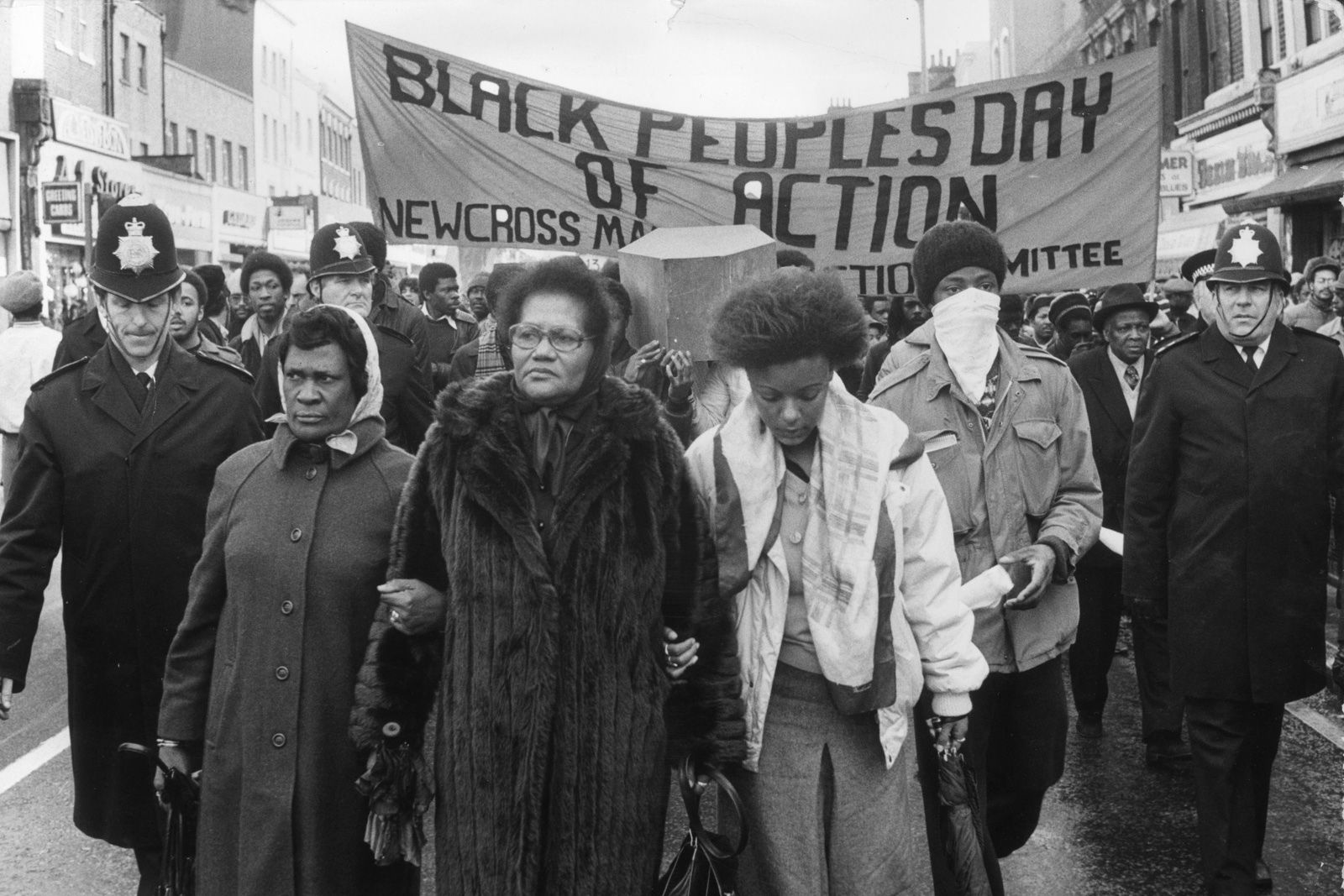
Yet Britain appears as far from defeating the problem of home-grown fascism as ever.
Keir Starmer vowed that rioters would “regret” taking part as the wheels of the criminal justice system whirred into motion. Some prosecutions, with rioters as young as 12, have already been completed.
But extremism experts and grassroots organisers say locking people up won’t be enough.
“You have a lot of poor, cold, hungry, pissed off people with no options,” said anti-fascist historian Ali Jones, who teaches at Coventry University. “If you want a government policy to address far-right racism and violence, you [also] need to address austerity, poverty, inequality and the class system.”
Tahir Abbas is professor of radicalisation studies at Leiden University in the Netherlands. “We have had race riots before,” he pointed out. “In 2001, riots broke out in Oldham and spread to Bradford, Leeds and Burnley. Rumours that the National Front was coming led these angry young kids — who are now probably the parents of the angry young kids we see today — to trash up their own streets and neighbourhoods.
“But rather than do something about the root causes — material deprivation, exclusion, poor policing practices, really terrible housing policy — the New Labour government came up with ‘community cohesion’.”
This policy was “regressive nonsense”, Abbas believes.
“It suggested that somehow these communities lacked cohesion. That if they just talked to their neighbours over the garden fence, everything would be great. But what we saw then and what we are seeing now is not something that can be washed away with some nice talk about being polite with your neighbours. There are structural, economic, foundational issues that require genuine addressing. But we don’t do that. We don’t want to do that.”
Governments have taken steps since 2015 to recognise far-right extremism as a threat, largely through the UK’s counter-terrorism Prevent programme — which has itself been accused by groups such as Prevent Watch of targeting Muslims and entrenching Islamophobic attitudes.
But these efforts have been hampered by a lack of resources specific to far-right deradicalisation — and by politicians, said Natalie Higham-James, a security researcher at the University of York.
“Over the last four to five years we have seen a shift of focus within Prevent to far-right extremism,” she said, “but this has been undermined by the mainstreaming of far-right rhetoric within the political discourse.”
Hassan Howe agrees. “We have a whole political class that made it OK to be anti-immigrant, anti-Black,” she said. “In my youth, it was Enoch Powell. Now, we have Priti Patel and Nigel Farage. It’s the same narrative but packaged in a different way.”
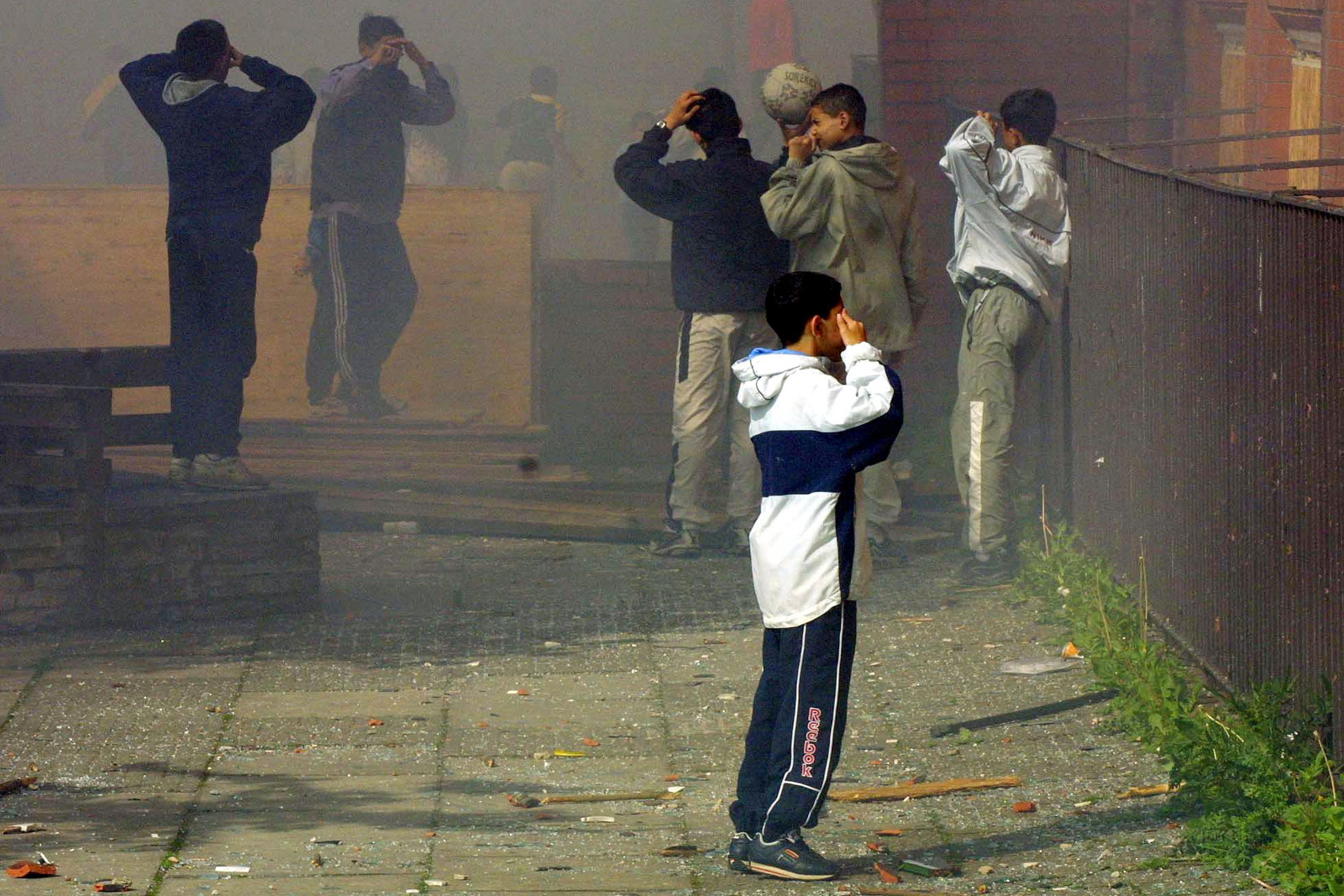
But today’s anti-racist groups are more disparate and fragmented than the organisations that confronted these narratives years ago.
“The anti-fascist movement lost momentum in the second half of the 1990s, in large part because of the 1994 Criminal Justice Act, as well as a change in the way the far right began to operate, abandoning street punch-ups in a quest for legitimacy,” said Alex Carter, a historian at the University of Birmingham.
For Carter, it’s an example of the criminal justice system — Starmer’s favoured tool — hindering rather than helping the fight against fascism.
The act expanded the police’s stop and search powers and led to the creation of the National DNA Database in England and Wales, one of the largest in the world, which has been criticised by human rights organisations and activists for breaching privacy and disproportionately targeting Black children. The database was also found to be in breach of the Human Rights Convention by the European Court of Human Rights in 2008, prompting changes in policy.
Carter said that the act “vastly increased the powers that the police had”, adding that anti-fascists “found it harder to operate. They were put on lists and monitored by dedicated police units.”
It’s a concern echoed by Quinn, whose real name Hyphen has agreed to withhold. Quinn was among counter-protesters in Bristol who defended a hotel housing asylum seekers from a far-right mob on 5 August. That action was successful, but they warned: “What if it’s not just one night when we all come together? What if it needs to be every weekend and we need to be out in numbers in small towns, outside of cities like Bristol and Brighton? I don’t know how many people will be willing to risk their safety, risk their liberty, week in and week out.”
Mark Osborn, a maths teacher, attended a counter-protest organised by Stand Up to Racism in Lewisham. “When I was a kid,” he said, “and when I first joined the labour movement in the 1980s, you could turn on the television every day and there were strikes. The working class was very active. But the Thatcher government attacked us and won.”
Osborn is particularly disappointed by the lack of direct engagement in anti-racist organising from trade unions today, believing union leaders prefer to quietly make donations to groups such as Stand Up to Racism.
Hassan Howe warns of drawing too many parallels between the 1980s and today. “When I was young, I signed up for unemployment benefits and organised full-time,” she said. “No one was telling me what to do. You couldn’t do that now — they would tell you to get a job.”
One piece of advice she agrees to give to young people, though, is to read widely.
“When I joined the Black movement, part of our duty was to read,” she said. “We had a very deep understanding of where we were economically, historically, materially. I feel that this is not part of activism today. It feels a bit more soundbite-friendly today and more focused around single social issues.”
But she added: “The worst thing you can do is assume that people like the far right are more powerful than they are. Because they are not. They crumble all the time.”
 Newsletter
Newsletter


